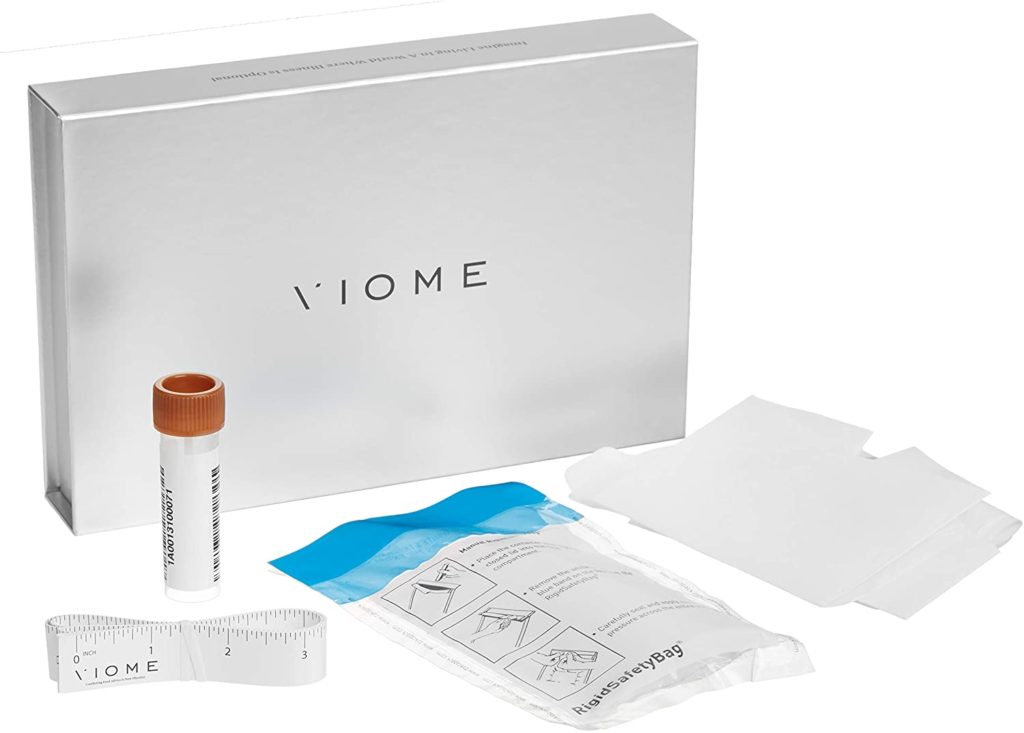From detox supplements to tummy trimmers, you’ve heard a lot about gut cleansing — but how much of it is safe? And effective? Rather than trusting your fave Instagram influencer or celebrity, it’s better to listen to the advice of nutritionists and a nurse who understand the delicate gut microbiome and how it contributes to our overall well-being. This part of our body is home to trillions of bacteria that contribute to our metabolism, immune system, digestive system — and more, making it one of the most critical areas of our health, according to Serena Poon, a certified nutritionist.
“If your microbiome is out of balance, you can experience an array of health problems from discomfort and gas to more serious conditions such as obesity, diabetes, and cardiovascular disease,” she warns. However, the good news is that there are several simple lifestyle shifts that you can implement to restore balance, health, and vitality. And best of all: most of the changes you can make tomorrow. Here, how to safely cleanse your gut:
Remove inflammatory foods
When rebalancing your gut microbiome, Poon says one of the most important things you can do is remove inflammatory foods from your diet. These include any type of processed foods, mainly processed meat, added sugar, red meat, trans fat, refined grains, added sugar, and too many omega-6 fatty acids.
Also, food allergies or sensitivities can contribute to inflammation. This will vary person-to-person, but the most common ones, according to Poon, are soybeans, wheat, peanuts, tree nuts, shellfish, fish, egg and milk. “If you feel lethargic, gassy, bloated or itchy after you eat a food, you may have an insensitivity,” she adds.
Why is this important to our gut health? Poon explains when your body is in a state of constant inflammation, it may lead to an array of health conditions. “Research shows that inflammation is a precursor to chronic disease in part because of its impact on the gut microbiome,” she continues. “By avoiding these foods, you support your body’s innate ability to heal itself.”
Eat slowly and thoroughly chew your food

If you immediately feel bloated after you eat anything, it could be because you’re rushing through your meal instead of allowing your body to digest the food properly. As a personal trainer and weight loss coach, Stephanie Mansour says, the general rule is 25 chews per bite for the best gut health. When you slow down, you not only allow your body to absorb the nutrients, but you avoid overeating since you will naturally feel fuller. “Try being mindful when eating,” she says. “You’ll notice that once you start actually paying attention to the pace of your eating, you’ll enjoy your food more and eat less.”
Fast
Sometimes a safe fasting period — where you eat nothing but drink water — can allow your microbiome to rebalance. This is because it starves the nefarious bacteria, giving your gut time to cleanse itself and heal, Poon explains. However, before you dive into a 24-hour or 48-hour fast, Poon says to speak with a trusted healthcare provider to access any underlying conditions or medication requirements. As an example, those who are pregnant or have blood sugar imbalances shouldn’t fast.
Once cleared by your doctor, Poon says intermittent fasting is a popular and manageable way to fast and give your gut bacteria a boost. There are many windows, including 16:8, where you fast for 16 hours each day. Or, 5:2, where you eat only 25 percent of your average calories two out of seven days a week. Her preferred method is 12:12, where you fast for 12 hours a day since it’s the most sustainable and easiest to achieve.
Fill up with good stuff
Unless you are doing a full-on fast, Poon says you can balance your microbiome by eating an abundance of water and plant foods. First and foremost: hydration is the cornerstone of a healthy digestive system because it helps your body absorb nutrients and keeps things moving. She says it’s best to drink at least your body weight in ounces of water each day. So, if you weigh 120 pounds, you should drink 120 ounces of water.
Fiber, which is usually found in fresh vegetables and fruit, also plays a significant role in gut health. So your meals should be colorful and from mother nature. “Fiber keeps your digestive system running, helping to avoid stagnation and pathogenic bacteria growth,” she continues. “Eat a diet that is rich in veggies, some fruit and fermented foods to keep the good bacteria in your gut thriving and your whole body staying well.”
Take a probiotic
Probiotics are one of the best ways to rebalance your gut microbiome. “When you take probiotics, you are actually directly consuming the good bacteria that will put you back in balance,” Poon explains. In addition to supplements that have at least 10 billion CFUS, Poon says you can eat foods that have natural probiotics, such as kimchi, kefir, or kombucha.
Exercise consistently
Stephanie Mansour says the easy way to kickstart your gut cleanse is to detox through sweating. First, to set yourself up for success, find an activity you love that pushes your heart rate. It could be a boot camp or yoga class, or even riding a bike outside or jumping rope. Then, Mansour suggests planning out a routine you can actually stick to: maybe it’s 30 minutes in the morning or an hour after work. “Once you start working out regularly, you’ll feel a real difference in your energy levels and cravings,” she explains.
How to know if you need a clinical gut cleanse
There’s a difference between feeding your body the essential nutrients it needs to perform at its optimum level — and having a condition that requires an in-house visit with a doctor. As Dr. Kathleen Winston, the dean of the College of Nursing at the University of Phoenix explains, the term ‘gut’ is the common term used to describe the gastrointestinal system and specifically the large intestine. “The large intestine is comprised of the ascending, transverse and descending colon. Cleansing the colon is the flushing or cleaning of the large intestine,” she explains.

When this happens, a doctor performs a colonoscopy, which is also sometimes called colonic or colonic irrigation. While some new-age practitioners will give this treatment to anyone, most doctors only perform it if it’s necessary, since most of the time, our digestive system and bowels already eliminate waste and bacteria from our body as part of its regular and natural function. If a licensed physician, nurse or healthcare provider recommends a clinical gut cleanse, Dr. Winston says you can expect one of two methods:
- Oral colon cleanse is achieved by using oral supplements, which can be purchased over the counter or with prescription and cleanse the bowel with powdered or liquid solutions including laxatives, herbal teas, enzymes, and magnesium.
- Cleansing through the rectum is done with an enema which involves gravity-based reservoir flushing of large amounts of water and sometimes other substances including herbs and coffee into the rectum.
We only recommend products we have independently researched, tested, and loved. If you purchase a product found through our links, Sunday Edit may earn an affiliate commission.








